Key Takeaways
- “Juju Stroll” in Jujutsu Kaisen lightens the dark themes with humor, rooted in Ancient Greek satyr plays.
- The manga featured side stories similar to “Juju Stroll” before the anime introduced the title.
- The absence of “Juju Stroll” in season 2 could be due to the darker tone and time constraints.
Jujutsu Kaisen concludes each of its season 1 episodes with a short segment called “Juju Stroll.” These light-hearted, bite-size scenes follow the daily lives of Jujutsu High’s students and teachers. “Juju Stroll” serves as a palette cleanser, contrasting Jujutsu Kaisen’s dark, heavy, gore-filled themes with a welcome dose of humor.
How did “Juju Stroll” come into being? The reason for creating this satirical segment is as hard to discover as mangaka Gege Akutami’s identity. However, the tradition that informed “Juju Stroll” dates back thousands of years. Furthermore, “Juju Stroll” ‘s examination of character relationships has won the admiration of JJK’s fandom.
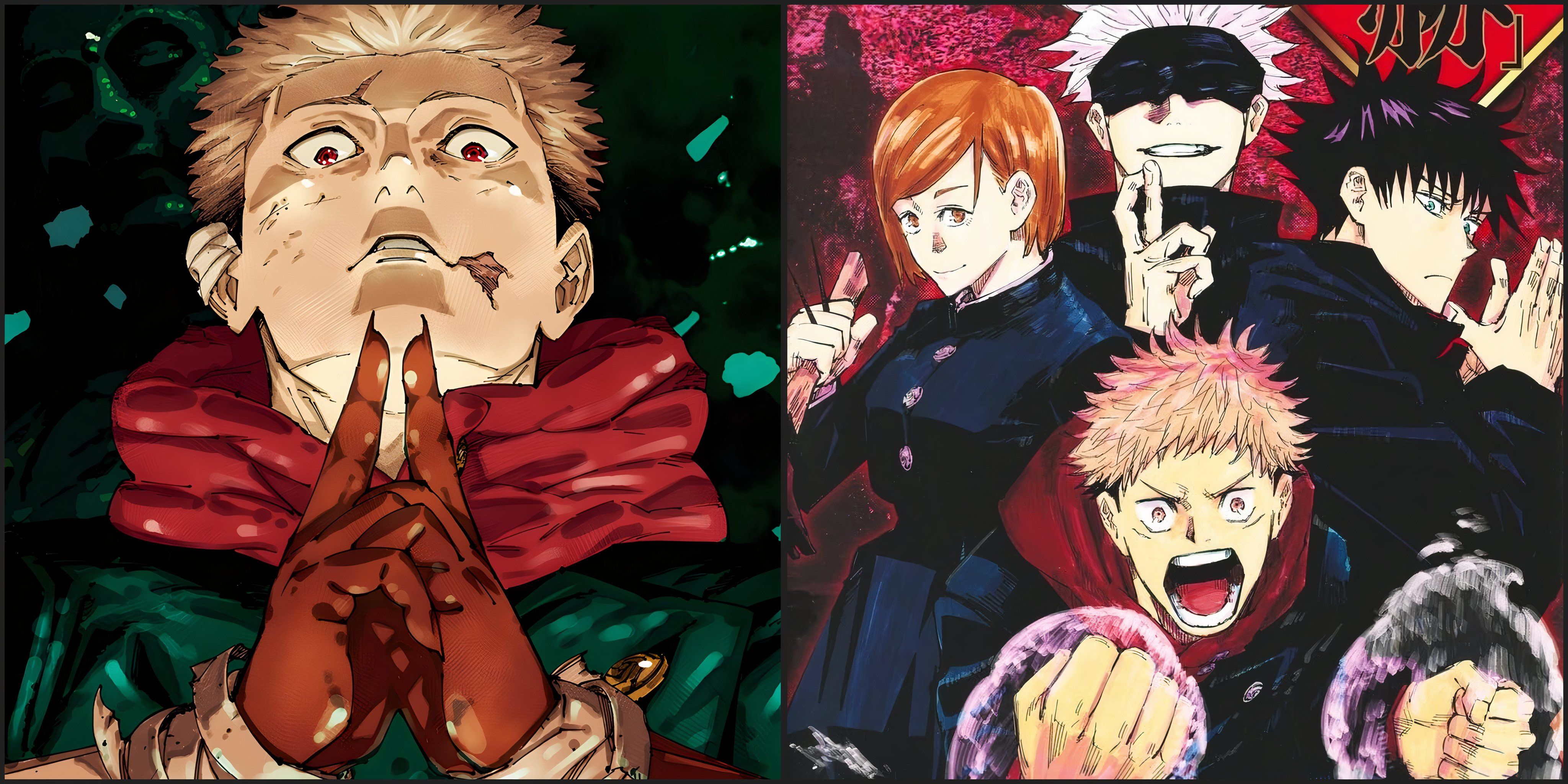
Related
Jujutsu Kaisen: The Future Of The Series, Explained
JJK still has much to explore in its story. Is there any future for this manga?
Juju Stroll Replicates a Practice Dating Back to Ancient Greek Theater
To better understand “Juju Stroll,” one must look back at the history of ancient Greek drama. Most people know about Greek tragedy, even if they don’t realize it. Ever heard of the term “Oedipal Complex”? That term alludes to the play Oedipus Rex by Sophocles, in which the protagonist unwillingly fulfills a prophecy in which he kills his father and marries his mother.
Greek tragedies are remarkably heavy in plot and tone. Fortunately, Greek playwrights conceived Satyr plays to amuse their audience after a series of tragic plays. These shows featured the structure of tragic plays with a heavy-handed serving of raunchy commentary by a chorus of satyrs (Debauchorous half-human/half-goat creatures. I.e., Phil from Disney’s Hercules).
Satyr plays use wordplay, double entendres, and potty humor to undermine and poke fun at Greek tragedy. They are a precursor to the art of parody as it’s known today. In turn, “Juju Stroll” satirizes JJK’s characters and their behavior, allowing viewers to laugh after watching gruesome deaths and exorcisms.
The JJK Manga Features Humorous Side Stories at Each Volume’s Conclusion
The JJK Anime Introduced the Title “Juju Stroll”
“Juju Stroll” began as a segment featured in the Jujutsu Kaisen manga. However, it wasn’t called “Juju Stroll” at the time. These short scenes offered slice-of-life moments involving Yuji, his fellow first-years, and others. Scenarios included singing in a karaoke room, eating at a local restaurant, and even social distancing over a Zoom call.
When MAPPA produced the JJK anime, Akutami drew new storyboards to conclude each episode. These segments opened with the iconic “Jujusanpo” title card.
“Jujusanpo” is a portmanteau of ‘Juju’ (a truncation of Jujutsu) and the Japanese word ‘sanpo’ (‘sanpo’ translates to ‘walk’ or ‘stroll’ in English).
As the title suggests, “Juju Stroll” offers a walk through daily life at Jujutsu High. The segment’s hijinks enamored fans by showing off the humor and personality of JJK’s eccentric cast. Screen Rant contributor Mallory Flory cites one favorite stroll in particular:
The best Juju Stroll is after Episode 23. The “Formation B” Juju Stroll, as I like to call it, perfectly exemplifies the friendship that Gojo, Itadori, Kugisaki, and Megumi share.
The citation above is one example of how “Juju Stroll” gives JJK relatability that allows fans to connect with each jujutsu sorcerer on a personal level. It’s also a refreshing experience to see these teenagers be typical high schoolers for a change.
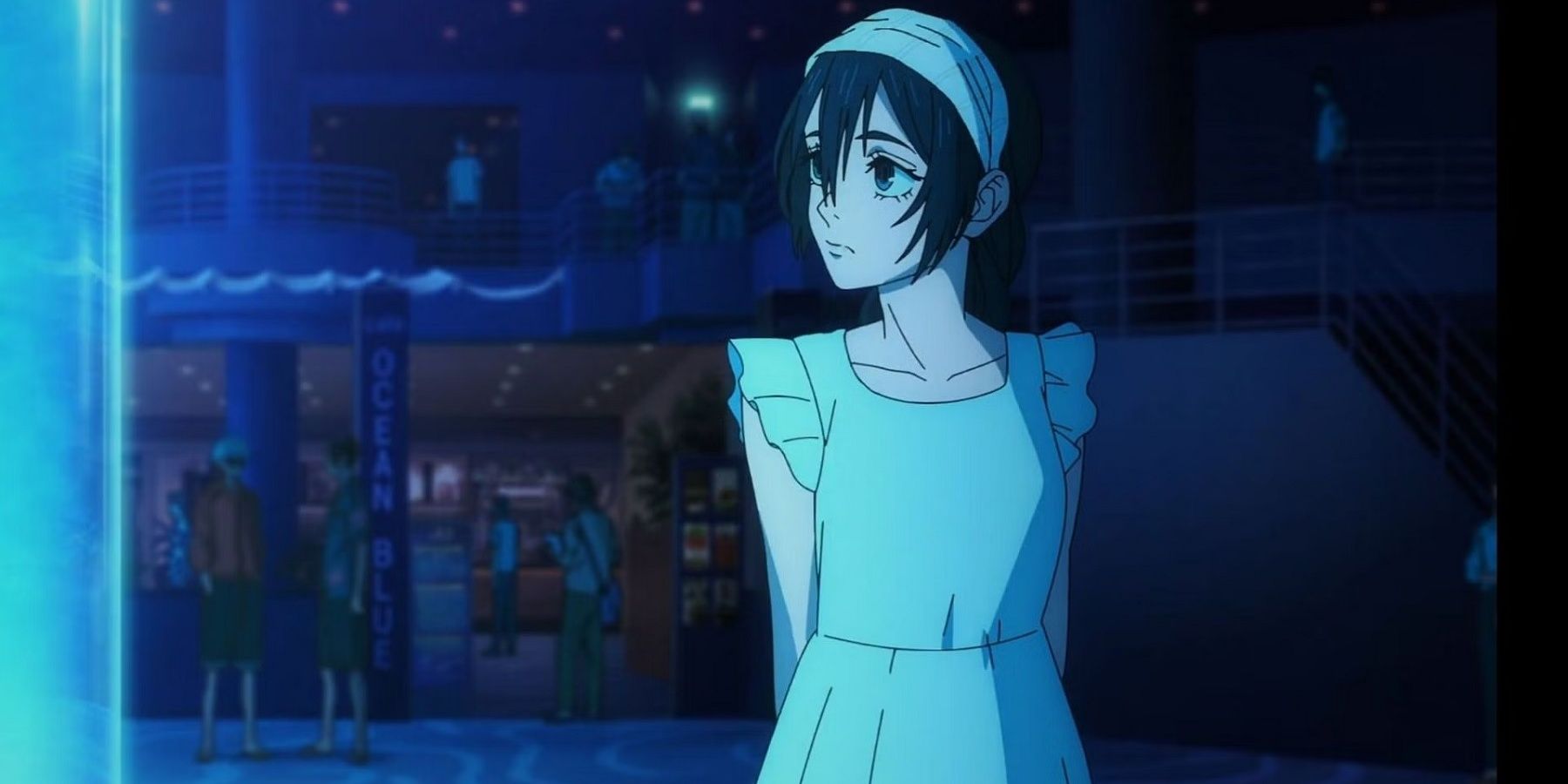
Related
Jujutsu Kaisen: How Riko Amanai’s Fate Became the Catalyst for the Story’s Path
Riko Amanai’s short-lived journey was the turning point that redefined Gojo and Geto’s ideologies in Jujutsu Kaisen.
Juju Stroll Does Not Return in the Anime’s Second Season
The Segment’s Absence May Be Due to Time Constraints
“Juju Stroll” is noticeably absent from JJK’s second season, with no official explanation from MAPPA. While this absence may disappoint fans, significant factors may explain the cut.
One speculation is that season 2 is exponentially darker and more intense than season 1, thus making “Juju Stroll” ‘s inclusion poor taste. The more practical reason is that season 2 covers ten more chapters than season 1 (Season 1 covers 63 chapters while season 2 covers 74). Perhaps MAPPA needed to cut “Juju Stroll” to provide enough screen time for the main plot.
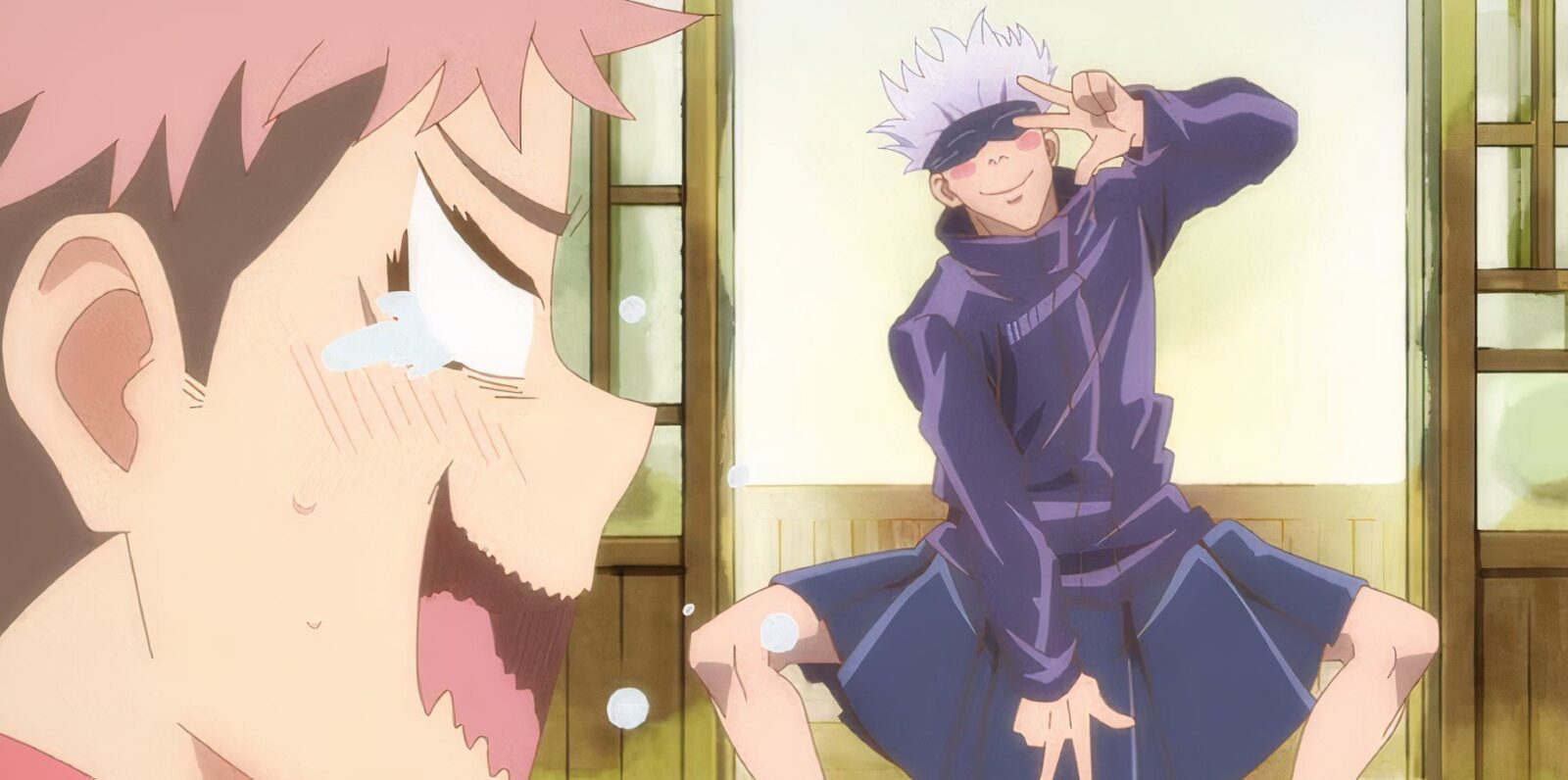
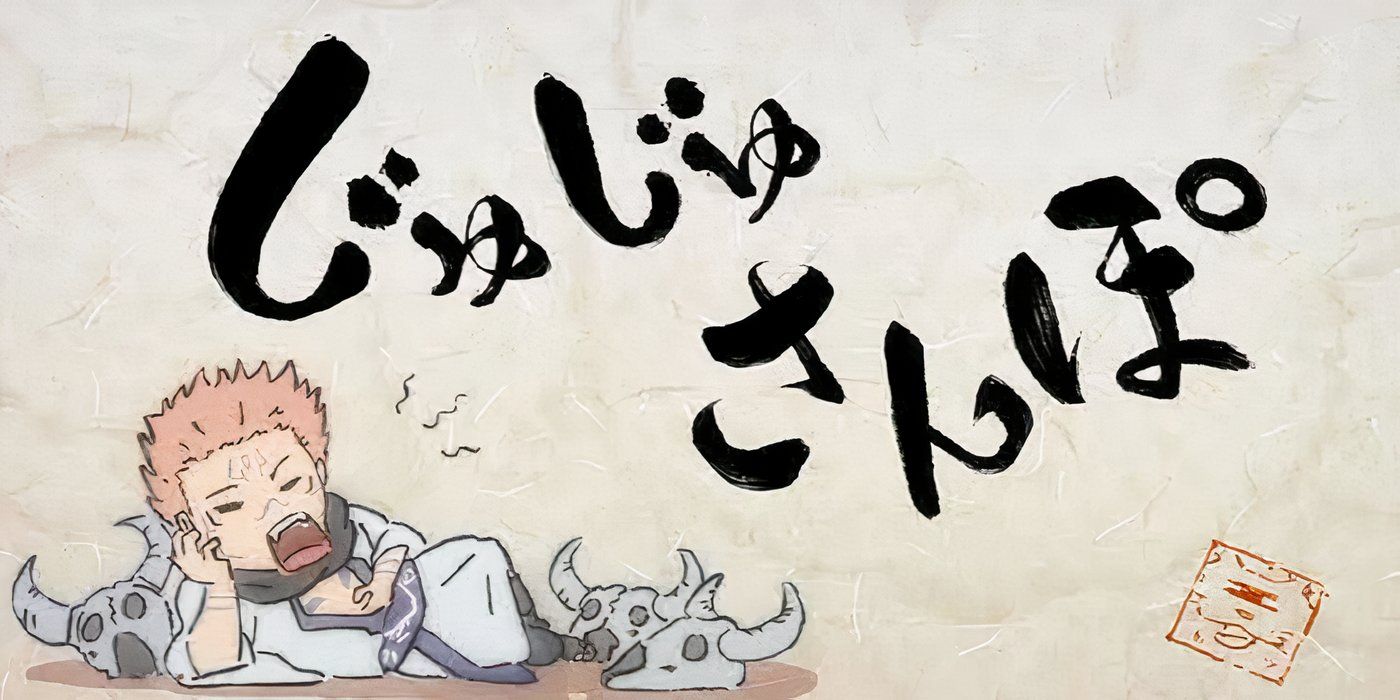
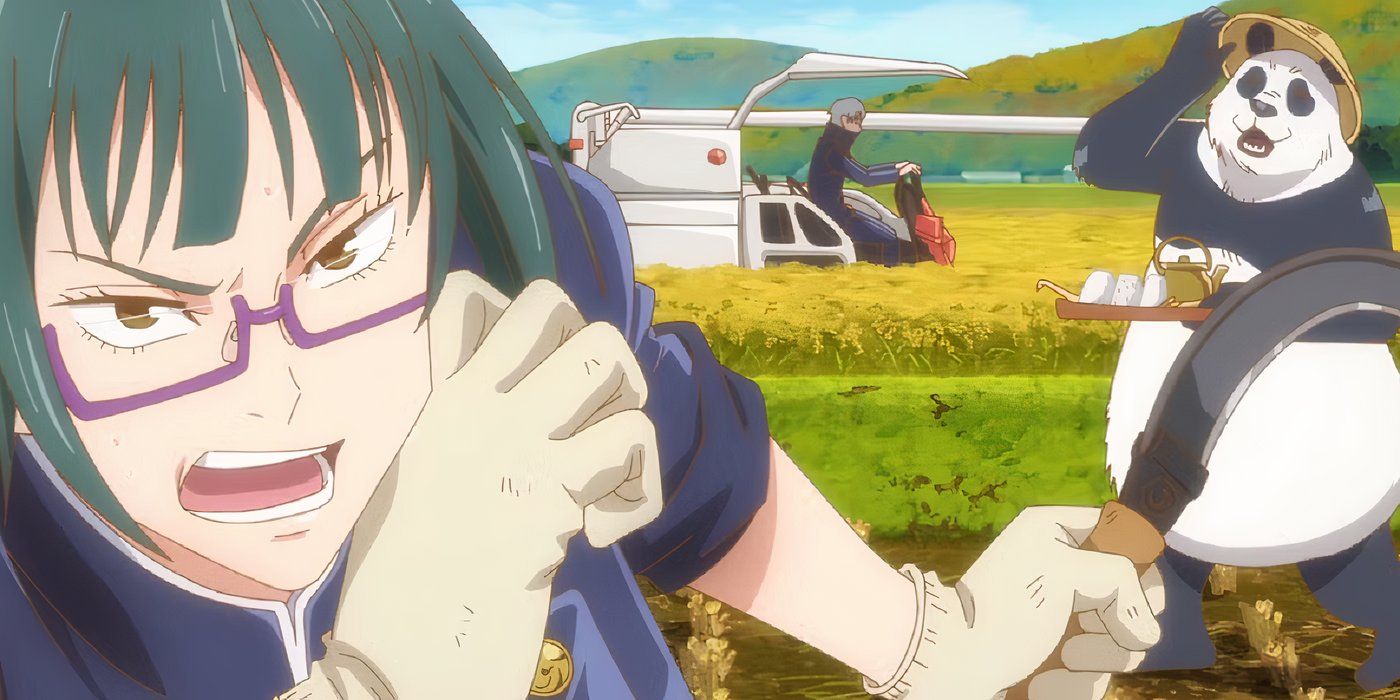
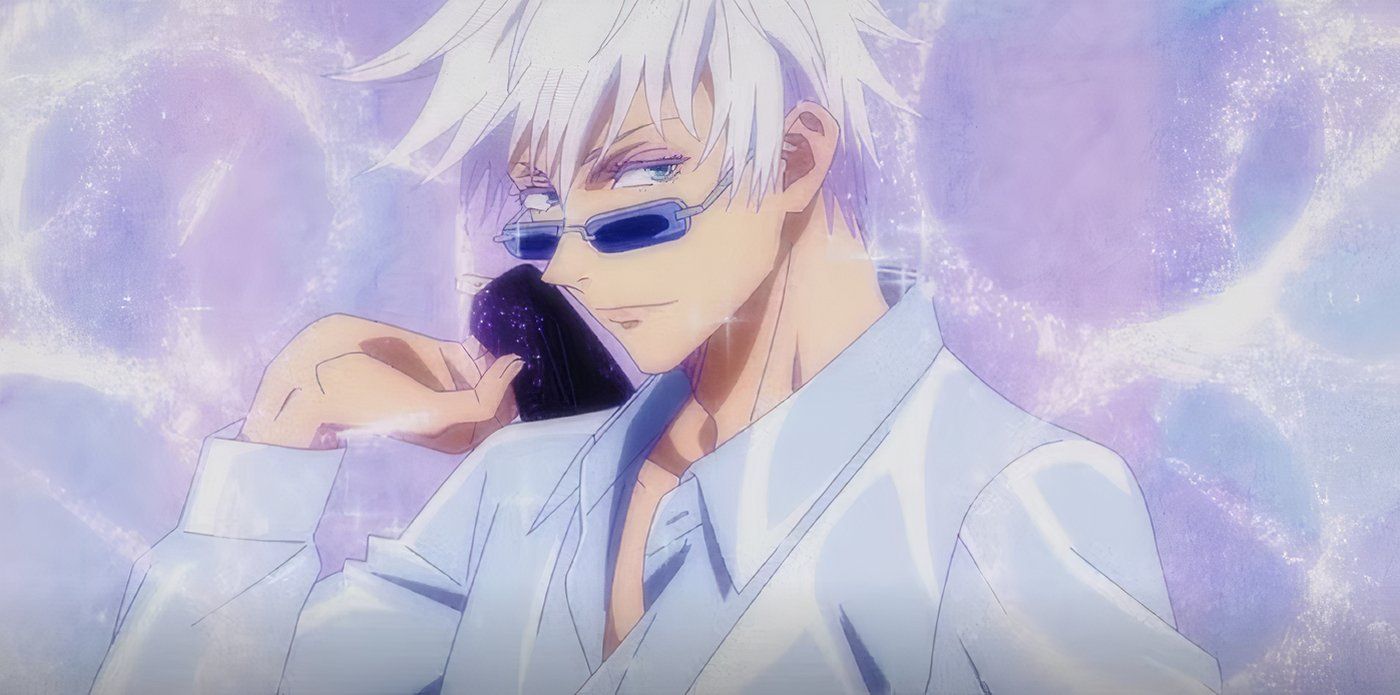
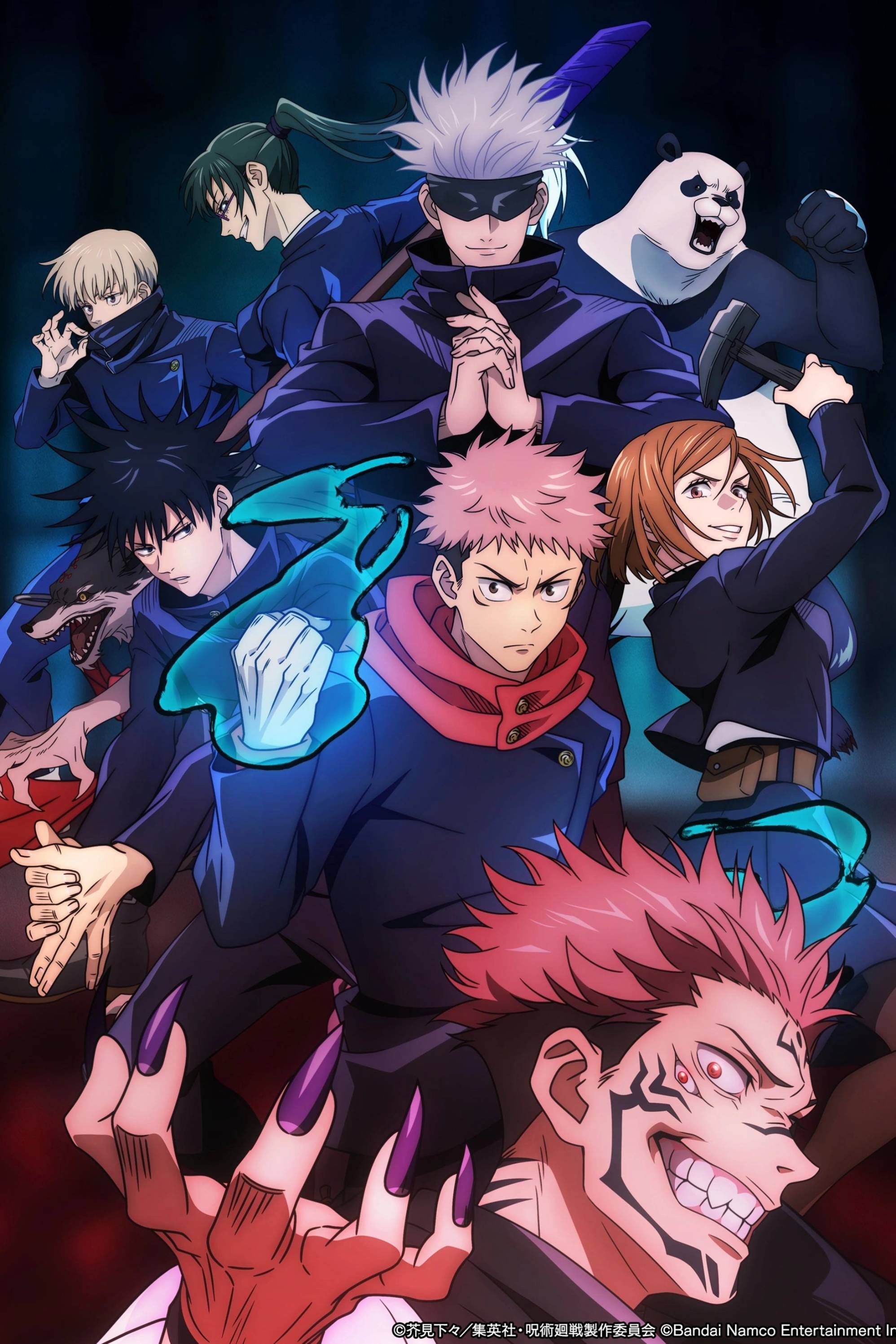
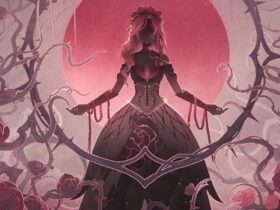

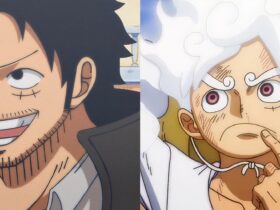
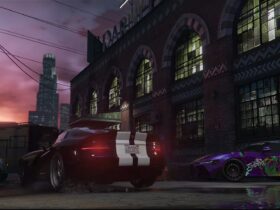
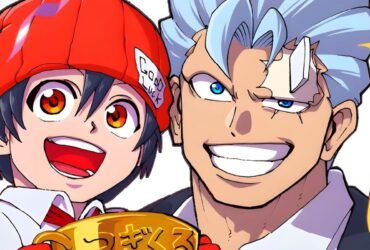
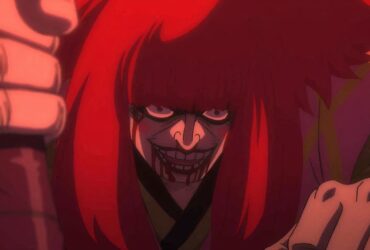
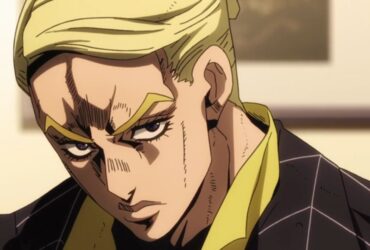

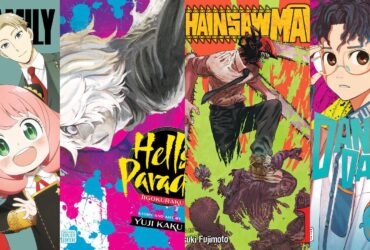
Leave a Reply